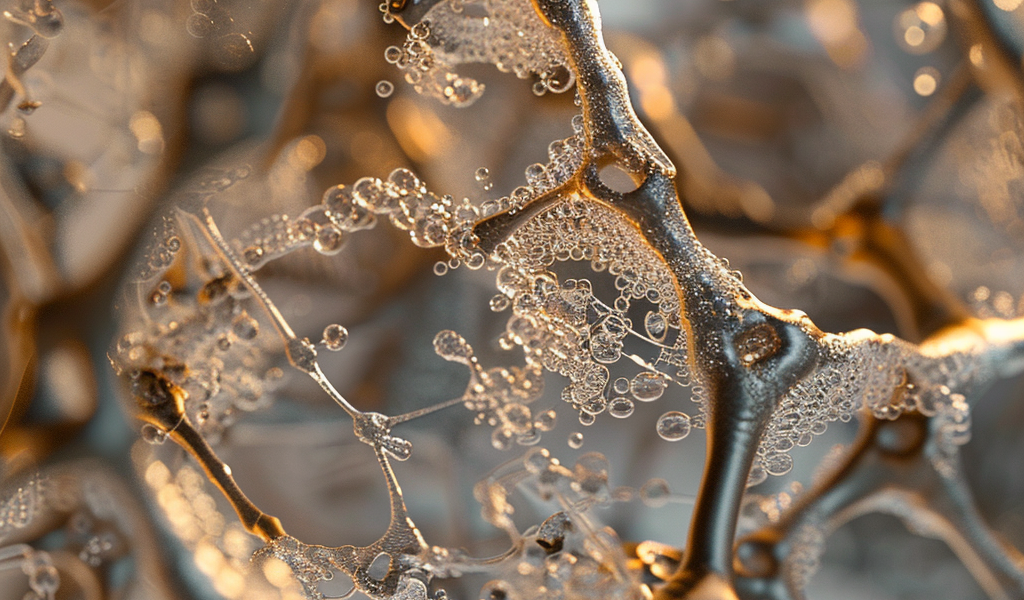Scientists at the MRC Laboratory of Molecular Biology have made a significant breakthrough in understanding the biological processes of embryonic development. A new 3D embryonic stem cell culture system, developed by Marta Shahbazi’s group in the Cell Biology Division, has shed light on the mechanism of gastrulation in mouse embryos.
Gastrulation is a critical stage in embryonic development, during which stem cells differentiate and move to their correct positions within the growing embryo. This process is essential for the formation of different cell types in the right locations. However, studying gastrulation has been challenging due to the limited accessibility and manipulation of embryos.
To address this challenge, the research group created an in vitro 3D model that mimics the developmental period of gastrulation. Through their experiments, postdocs Nanami Sato and Viviane Rosa discovered that crowding triggers basal delamination of cells, leading to differentiation. The study revealed that cells expressing high levels of the protein aPKC are particularly sensitive to Wnt signaling, which subsequently influences their differentiation.
This groundbreaking research provides valuable insights into the spatial awareness and response mechanisms of embryonic stem cells. By understanding the intricate processes involved in gastrulation, scientists can gain crucial knowledge for addressing key issues in human health.





